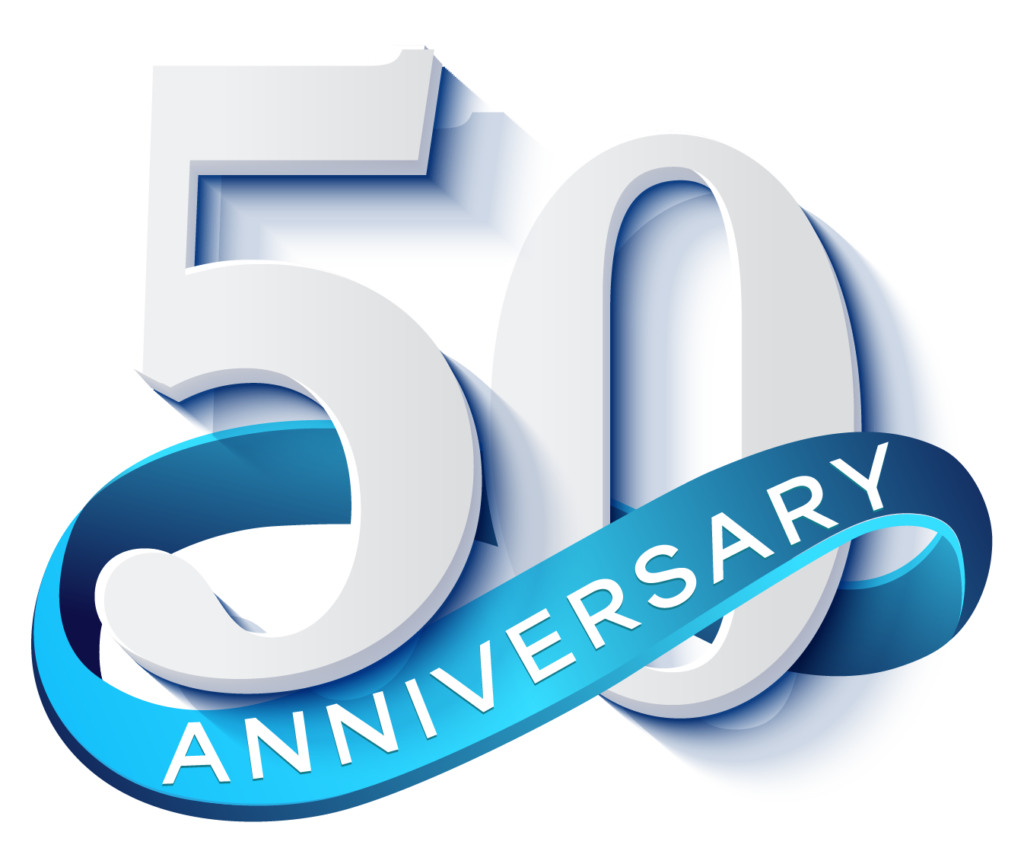In a workplace where the synergy of human minds shapes the future of businesses, understanding the complex balance of team members’ personalities is not just insightful—it’s transformative. Imagine the robust powerhouse your team can evolve into when each cog, each unique individual, is working in perfectly tuned harmony. Yet, without the crucial knowledge of what sparks joy, creativity, and commitment in each team member, or how they navigate communication, teams are often left with unseen fractures that can hinder their true potential.
A staggering 71% of American workers are not fully engaged at work, according to a recent Gallup poll. Now, picture turning this tide by leveraging the potent tool of personality tests for work teams. These evaluations are more than just a set of questions; they are a window into the core of your team’s dynamics, amplifying each member’s strengths and creating an environment where every individual’s attributes are not just acknowledged but celebrated.
The benefits? They extend far beyond the individual, suffusing through the team’s collective spirit, soaring productivity rates, and positively influencing the overall culture of the organization—a truly interdependent growth.
In this comprehensive guide, we will embark on a journey to unlock the secrets of personality tests for work teams. We’ll explore their power to craft a more harmonious, understanding, and efficient workplace. And by the end, you’ll be equipped with not just knowledge, but a blueprint for cultivating a team that is not just functional, but extraordinary.

Personalysis: Science-Based Personality Test For Work Teams
At the heart of the Personalysis assessment is a refreshing perspective that transcends the traditional confines of a personality test such as the Myers Briggs Type Indicator. It doesn’t box individuals into static categories or one personality type; instead, the Personalysis framework vividly captures the dynamics of personality. This unique methodology reveals the complexities of who you are, exhibiting not one, but three dimensions of your character:
- how do you find confidence and well-being
- your approach to social engagement
- and how you manifest your deepest passions into actions.
The genius of Personalysis lies in its innate ability to pinpoint and showcase the diverse facets of one’s personality, facilitating a profound level of understanding and appreciation for individual distinctions. Such insights become the cornerstone for fostering unparalleled workplace inclusion and collaboration.
The Science Behind Personalysis
Unlike numerous other personality assessments that offer a mere snapshot of traits, Personalysis stands apart with its tested and proven scientific validity. This robust tool has evolved through nearly five decades of rigorous validation processes, scrutinized by experts in the field of psychometrics. It confidently answers the pressing question of whether a personality assessment can be trusted, underlining its effectiveness with testimonials from over a million test takers and comprehensive white papers that prove its precision in predicting behavior and performance in the workplace.
Don’t miss the opportunity to elevate your team’s performance with precision. Learn more about Personalysis today and discover how your team can enjoy the benefits of deeper understanding and heightened synergy.
Benefits of Utilizing Personality Tests For Work Teams
The true caliber of personality tests is illuminated when their insights are applied to amplify the inner functioning of a team. These tools are not merely an emotional intelligence test and is only reflective, they are transformative, steering toward a workplace that thrives on clarity of communication, harnesses the full spectrum of its members’ strengths, and operates with a collaborative spirit as its backbone.
Improved Communication
Knowing how to improve team communication is the lifeblood of any thriving team dynamic, acting as the catalyst for cohesion and effective collaboration.
1. Enhancing Interpersonal Dynamics
By dissecting individual communication preferences and tendencies, personality assessments promote a deeper understanding among team members. A study by the University of Central Florida highlighted that teams with knowledge of each other’s personality types have increased cohesion and performance while connecting with employees and team members. The keen insights derived from such tools can facilitate a more empathetic and supportive internal environment, ultimately leading to more productive interactions.
Aim to cultivate an environment that encourages open and honest communication. With the right insights, you can establish a solid foundation for this with ease. You can do this by:
- providing opportunities for team members to share their personalities and engage in open discussions about their communication styles
- encouraging active listening during team meetings and discussions
- setting guidelines for respectful communication and conflict resolution.
2. Tailoring Communication Styles
Tailoring communication to align with individual personality types is not a one-size-fits-all approach; it’s a blend of adaptability and awareness.
Understanding the preferences and modalities through which team members best receive and process information is key to successful interactions. By leveraging personality assessments, managers can discern these individual preferences and adapt their communication styles accordingly. Whether it’s a more direct approach for the straightforward thinker or a story-driven explanation for the imaginative team member, the ability to tailor the delivery of messages ensures that the essence of communications is not lost in translation. This degree of personalization not only reinforces clarity but also fosters a sense of respect and value that can significantly enhance team morale and productivity.
Here are strategic ways to apply this tailored approach to improving inter-team communication:
- Identify the distinct preferences of each team member and document these insights for reference in future engagements.
- Conduct regular training sessions with your team to educate them on the different communication styles and their impacts.
- Implement adapted communication methods gradually, gauging effectiveness and iterating to maximize efficiency and team responsiveness.
By implementing these leadership communication practices, leaders can create a dynamic workplace where communication barriers are dismantled, and a cohesive, understanding culture is nurtured, paving the way for a high-functioning team.
Enhanced Team Collaboration
Enhanced team collaboration drives the engine of productivity, syncing the diverse gears of individual skill sets to achieve a cohesive and efficient workflow.
1. Leveraging Diverse Strengths
Personality tests for work teams shine a spotlight on the unique strengths of each employee, illustrating a roadmap for how these can be interwoven to create a formidable team. Harvard Business Review acknowledges that teams with a balance of personality types outperform those that are more homogenously composed, by fostering innovation and creativity. With such strategic leverage, teams are better equipped to address complex challenges and harness collective intelligence.
You can harness the diverse strengths of your team through:
- Utilizing personality assessments such as Personalysis to recognize and capitalize on individual strengths
- Promoting cross-functional projects that encourage collaboration between team members with different personality types
- Encouraging a culture of inclusivity where all perspectives are valued and considered.
With a deeper understanding of each team member’s unique strengths, leaders can strategically build complementary teams that work in synergy, ultimately leading to improved productivity and success.
2. Mitigating Conflict
Conflict is an inevitable aspect of any collaborative endeavor, but personality assessments provide valuable foresight and tools for conflict resolution. The Thomas-Kilmann Conflict Mode Instrument suggests that understanding personality dynamics plays a pivotal role in managing and mitigating workplace disputes. Recognizing and respecting the diversity of conflict-handling styles aids in developing a culture that preemptively navigates tensions and turns potential confrontations into constructive dialogues.
Leadership teams should prioritize the following actions to enhance conflict management within their teams:
- Facilitating individual and team assessments to identify common triggers and tendencies in conflicts
- Implementing workshops or training sessions that focus on how different personalities handle conflict
- Encouraging open communication and active listening during discussions surrounding team conflicts.
By proactively addressing potential sources of conflict, leaders can foster a healthy team dynamic that promotes collaboration and minimizes disruptions to productivity.
Additional Benefits of Personality Tests for Work Teams With Personalysis
Here are additional benefits of Personalysis:
- Understanding team dynamics
- Understand how to navigate similarities and differences of team members
- Create a culture of clearer communication
- Capitalize on each other strengths
- Learn how to effectively collaborate
- Understand how to relate to each other
- Elevate problem-solving strategies
- Make decisions with clarity and confidence
- Integrate new members into a team
- Resolve conflict
- Manage workplace stress
- Elevate existing DEI efforts
- Start working better, together
If you are interested in creating a stronger team dynamic within your organization, get in touch with Personalysis today!
Integrating Personality Tests into Team Building
Embracing the transformative power of team personality tests requires thoughtful preparation and skillful execution to yield the highest benefits for companies. These steps ensure that the introduction and integration of personality testing are met with enthusiasm and lead to meaningful development within the team structure.
Pre-Implementation Preparation
Here are the key actions to take before implementing personality tests in your team:
1. Ensuring Team Buy-In
Securing team buy-in is critical before rolling out personality testing initiatives. According to a study by McKinsey, change programs that include employee input and involvement at the outset are more than three times as likely to succeed. Generating interest through workshops and open discussions that underscore the personal and professional advantages of personality tests fosters an environment of trust and cooperation, paving the way for seamless implementation.
2. Setting Realistic Expectations
It’s essential to set clear and achievable goals for the use of personality tests. Realistic expectations contribute to higher satisfaction rates among employees, as they understand the value and limits of the insights provided. Communication should articulate that these personality tests for work teams are tools to enhance teamwork and personal growth, rather than definitive measures of capability or performance.
Also, leaders should make it clear that personality tests are not a substitute for other forms of assessment and should be integrated into the existing teambuilding processes as an additional resource.
Conducting Effective Team Workshops
Team workshops are an excellent opportunity to educate employees on the benefits of team-building personality tests and how they can be leveraged for enhanced team collaboration. Here are some key elements to include in these sessions:
1. Facilitating Constructive Discussions
Team workshops are the nucleus for integrating personality assessments into everyday practice. Facilitated by experienced trainers, these sessions can harness the principles of cognitive diversity to stimulate innovation. Interactive workshops that encourage participants to share and explore their personality traits in guided discussions deepen mutual understanding and respect, laying a strong foundation for ongoing team dynamics. Plus, it provides a safe space to discuss potential conflicts and strategies for resolving them.
Leadership development coaching workshops can also be incorporated into these sessions, allowing team members to reflect on their leadership styles and how they complement those of their colleagues.
2. Incorporating Test Results
The strategic incorporation of test results into team processes and decision-making is the key to harnessing the full potential of common workplace personality tests. It’s important to use diverse personalities to allocate roles and responsibilities in a way that aligns with individuals’ innate strengths and preferences. By doing so, companies can ensure higher job satisfaction and performance, ultimately leading to a more dynamic and successful organizational culture.
Conclusion
In the wise words of Helen Keller, “Alone we can do so little; together we can do so much.” This adage rings particularly true in the context of leveraging personality tests for work teams and improving emotional intelligence. As we’ve explored, understanding and utilizing the diverse personalities within a team can significantly enhance communication, collaboration, and ultimately the success of an organization.
For those ready to embrace the full spectrum of their team’s potential, the Personalysis assessment tool offers a unique gateway. Dive deeper into your team’s dynamics—discover, engage, and transform. Learn how Personalysis can become a cornerstone in your team’s journey toward elevated synergy and accomplishment.



